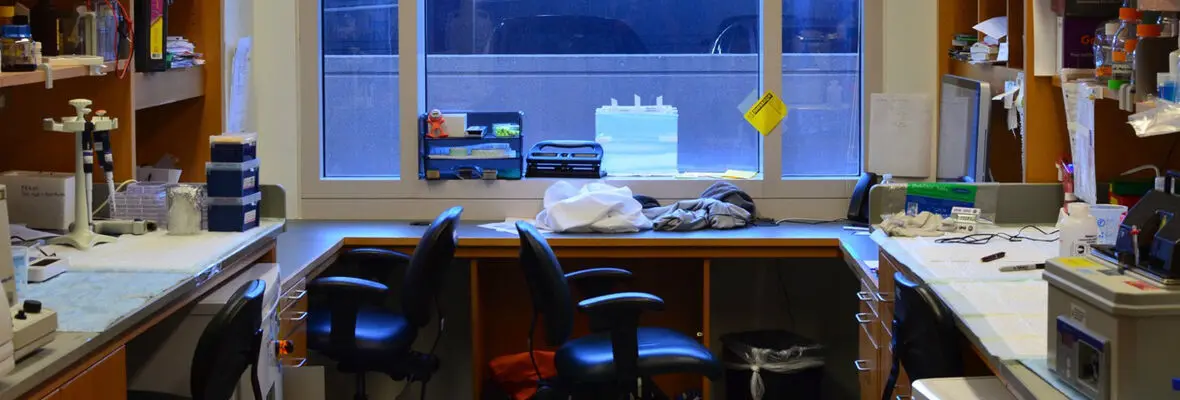Opportunities
Funded Post Doctoral Opportunities
We invite engaged and motivated researchers to apply for a fully funded post-doctoral fellowships in the University of Pennsylvania Sarcoma Program at the Abramson Cancer Center! The researcher will work in an established research facility with an internationally renowned reputation in multiple areas of cancer research. They will also have the opportunity to engage in collaboration within the UPenn community (AFCRI, PennVet, etc), at the Johns Hopkins University, Institute for NanoBioTechnology and colleagues at the NCI-Physical Sciences-Oncology Network.
Candidates should have obtained their PhD prior to joining our group. Interested individuals should send a CV, which includes summary of your research experience and interests, as well as the names, and contact information for three references in a single PDF to Dr. Karin Eisinger karineis@pennmedicine.upenn.edu.
Cancer Biology/Hippo pathway de-regulation
We are specifically looking for applicants with an interest in epigenetics, Hippo pathway deregulation in cancer, cell signaling, and cell biology. Candidates with PhD degrees and interest/expertise in ChIP-seq Bisulfite sequencing, molecular biology approaches, biochemistry, and cell biology imaging are welcome to apply. The projects will focus on advancing our understanding of Hippo pathway de-regulation in primary tumorigenesis and metastasis. Our studies will emphasize the 1) epigenetics of YAP1 stabilization 2) targets of Hippo pathway de-regulation and 3) role of YAP1 in de-differentiation.
Tumor Micro-environment and Metastasis studies
We are specifically looking for applicants with an interest in tumor microenvironment, extracellular matrix biology and chemistry, and metastasis. Candidates with PhD degrees and interest/expertise in collagen post-translational modifications, biochemistry, recombinant protein, tissue engineering, ECM biology, pharmacological science, cell biology imaging are welcome to apply. The projects will focus on advancing our understanding of ECM/collagen biology and modification, particularly in the tumor microenvironment. Our studies will emphasize the 1) impact of primary tumor collagen modification to metastasis 2) endothelial barrier function in metastasis 3) the role of collagen in activation of tumor platelets.


